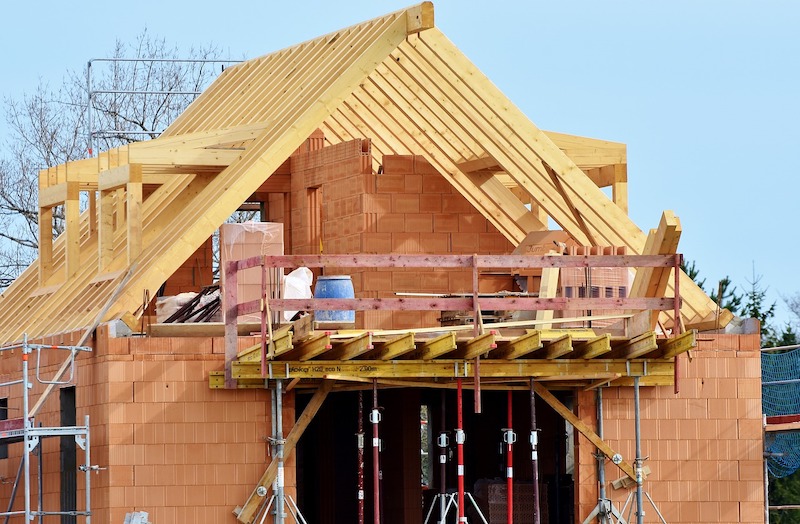The International Code Council made an unpublicized deal with the National Association of Home Builders that has effectively blocked efforts to boost energy efficiency and structure resiliency in the ICC’s code development, according to a report in the New York Times.
The previously undisclosed written agreement guarantees NAHB representatives four of the 11 voting seats—enough to stymie certain new code provisions—on two committees that approve building code revisions, according to critics. This pact has helped enable the trade group to prevent changes that would have made new houses in much of the country more energy-efficient or more resilient to floods, hurricanes, and other disasters, the Times report says.
Before NAHB members gained seats on the energy committee, the energy efficiency of those building codes increased 32% over six years. After the homebuilders’ industry’s influence expanded, that number was less than 3% over the same amount of time, the Times report says.
NAHB officials say that the agreement is appropriate, given that its members are most impacted by the codes. Critics charge that the arrangement has thwarted important code provisions such as mandates for tougher foundations in flood-prone areas and measures to ensure that roofs were less likely to blow off during hurricanes.
Related Stories
| Jan 30, 2012
ZigBee and ISO 50001: Two new standards to make buildings greener
These developments demonstrate the dynamic nature of the market and the continued need for development of program standards of many different types that help builders and owners translate high performance and sustainable buildings goals into practical measures on the ground.
| Jan 30, 2012
New firm-fixed-price rules on federal contracts impact construction industry
Contractors will need to be on the lookout for policies such as the Contractor Accountability for Quality clause.
| Jan 30, 2012
Roofer’s fatal plunge demonstrates need for fall-prevention regulations
“The biggest problem is getting our workers to use the equipment,” says Michael J. Florio, executive director of the organization.
| Jan 26, 2012
Tampa moves to streamlined online permitting system
The system will replace an inefficient patchwork of old software and is designed to provide businesses, homeowners, and contractors with online access to permitting and licensing information.
| Jan 26, 2012
EPA to collect more data, seek comments before finalizing mud rule
The EPA says it will seek more data and is accepting comments until March 5.
| Jan 26, 2012
Industry challenges Connecticut's suit over defective construction work
The dispute arose over multimillion-dollar leaks at the University of Connecticut's law library.
| Jan 26, 2012
Earthquake 'fuse' could save buildings during temblors
The idea is to use an earthquake "fuse" that can prevent the tiny fractures and warps that make structures unsafe after a quake and very expensive to repair.
| Jan 26, 2012
HPD open materials standard for green building materials gains momentum
GreenWizard, provider of a cloud-based product management and project collaboration software, is the latest industry participant to sign on
| Jan 26, 2012
Siemens launches smoke detection knowledge center
New knowledge center web site demonstrates efficacy of smoke detection.
| Jan 18, 2012
Chile's seismic code upgrades credited with saving lives in 2010 quake
Since 1960, when Chile suffered a 9.5 magnitude quake, the largest ever recorded; the country has steadily improved building codes to protect lives and property.

















